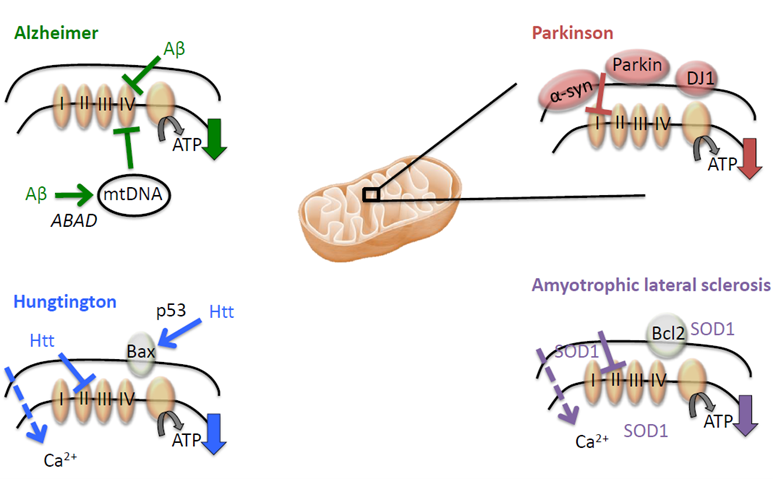NEUROPROTECTOR PEPTIDES
Project Summary
CVXL-0301 Project aims to develop a small modified peptide, exploiting the anti-apoptotic and neuroprotective properties of viral proteins with high neuronal tropism, as a drug for:
- The early management – upon detection – of neurodegenerative diseases, such as Parkinson’s disease, amyotrophic lateral sclerosis, among others, in order to reduce their progression.
- The treatment of neurological conditions leading to degenerative optic pathologies
The viral protein and the first peptides in the series have demonstrated their efficacy on the survival of dopaminergic neurons in a recognized preclinical mouse model of Parkinson’s disease. Novel analogues with modifications of the peptide structure are being developed.
Background and therapeutic objectives
Apoptosis and decreased mitochondrial bioenergetics are mechanisms known to contribute to the survival of neurons and the progression of neurodegenerative diseases.
Mitochondrial abnormalities in the brain are considered early pathological changes in Alzheimer’s disease (AD), Parkinson’s disease (PD), amyotrophic lateral sclerosis (ALS) and Huntington’s disease (HD). It has been proposed that altered energy metabolism and oxidative stress contribute to tissue damage in these neurogenerative diseases.

Persistent neurotropic viruses with non-cytolytic reproductive cycles have the ability to block apoptotic processes in neurons and thus ensure their survival.
By exploiting the properties of certain proteins of these viruses, CVXL-0301 project proposes to develop original small peptide molecules, having the ability to reach their neuronal target after peripheral administration and acting on the survival of neurons.
